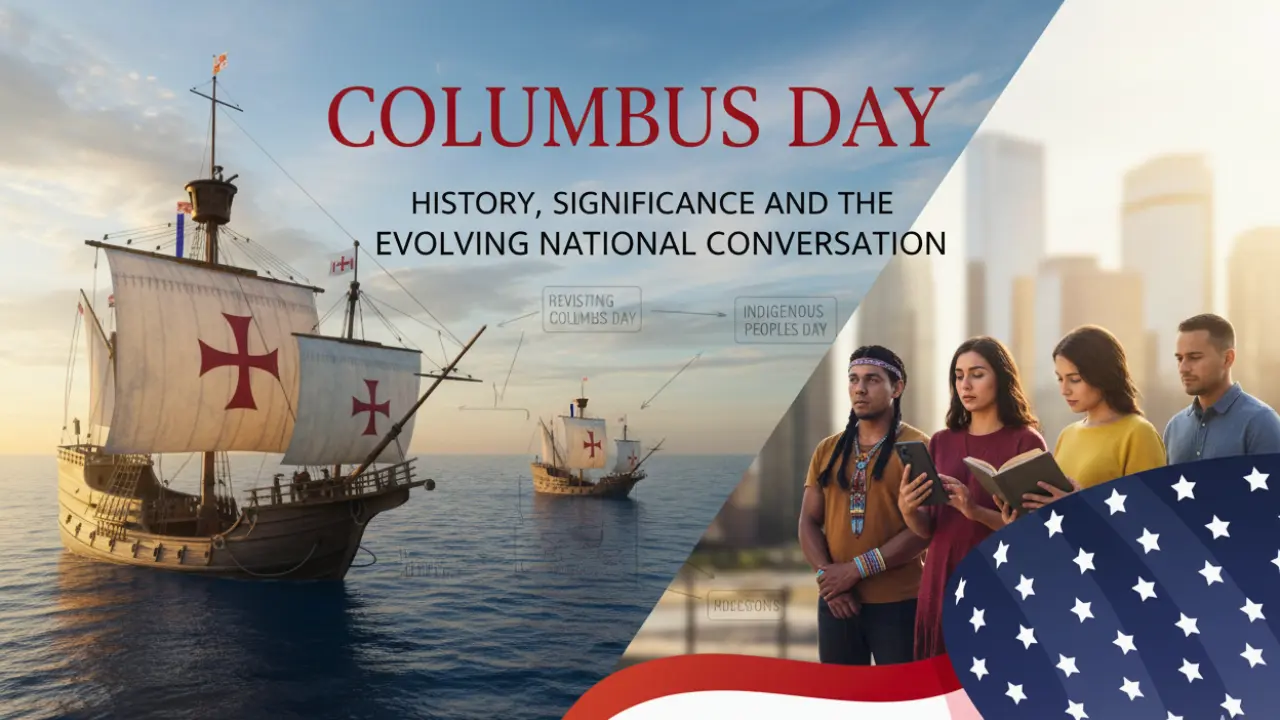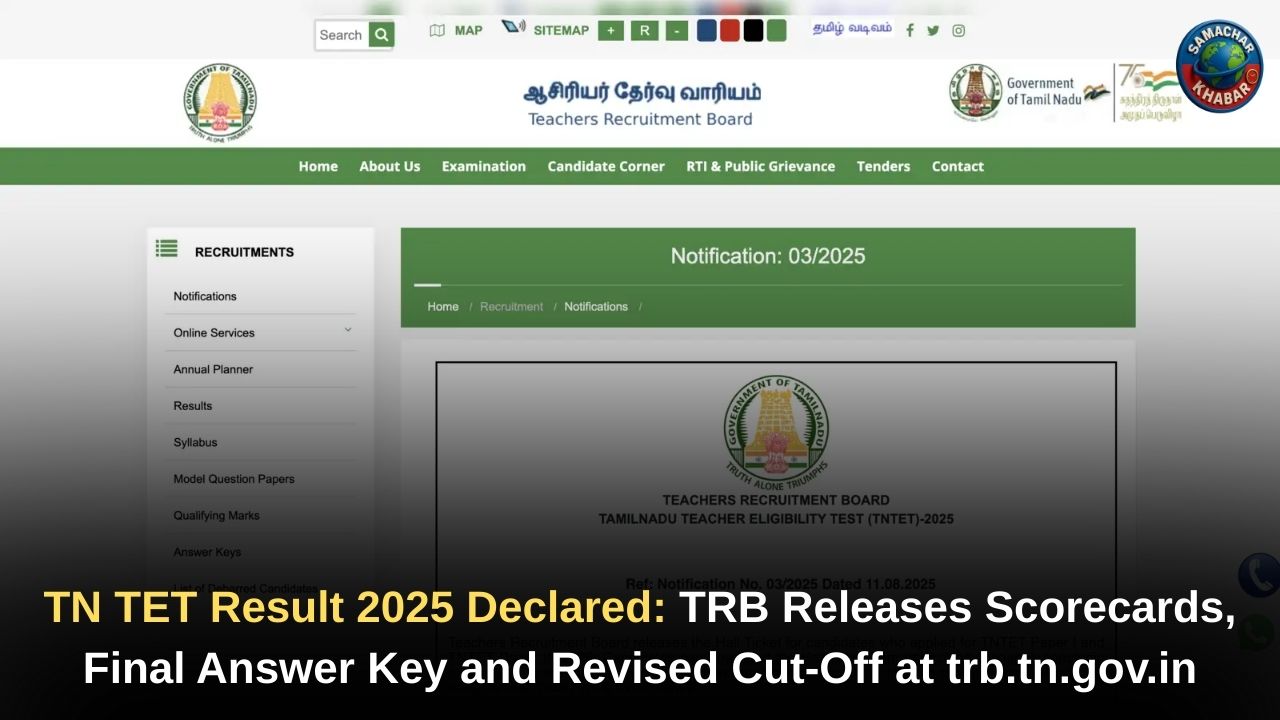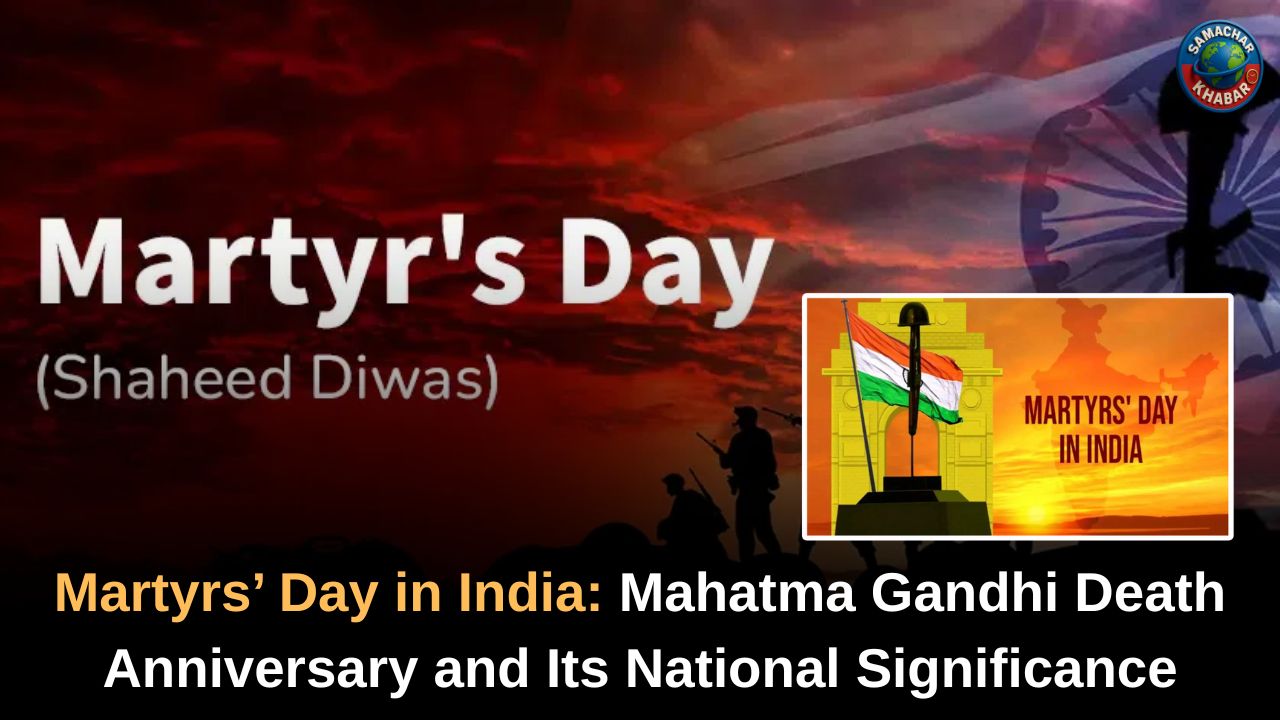Columbus Day 2025 falls on Monday, October 13th. For many, it marks a federal holiday and a long weekend; for others, it’s a profound day of historical reflection. However, to truly understand the significance of this date, we must look beyond the day off and delve into the complex layers of history, cultural pride, and ongoing debate that define Columbus Day 2025.
The modern observance is a tapestry woven with threads of Italian-American heritage, the commemoration of a pivotal moment of global exchange, and a growing recognition of Indigenous Peoples’ Day.
This comprehensive guide will explore the history, dissect the enduring importance, and examine the evolving national dialogue surrounding the holiday, ensuring you have a valuable and nuanced understanding of this important American date.
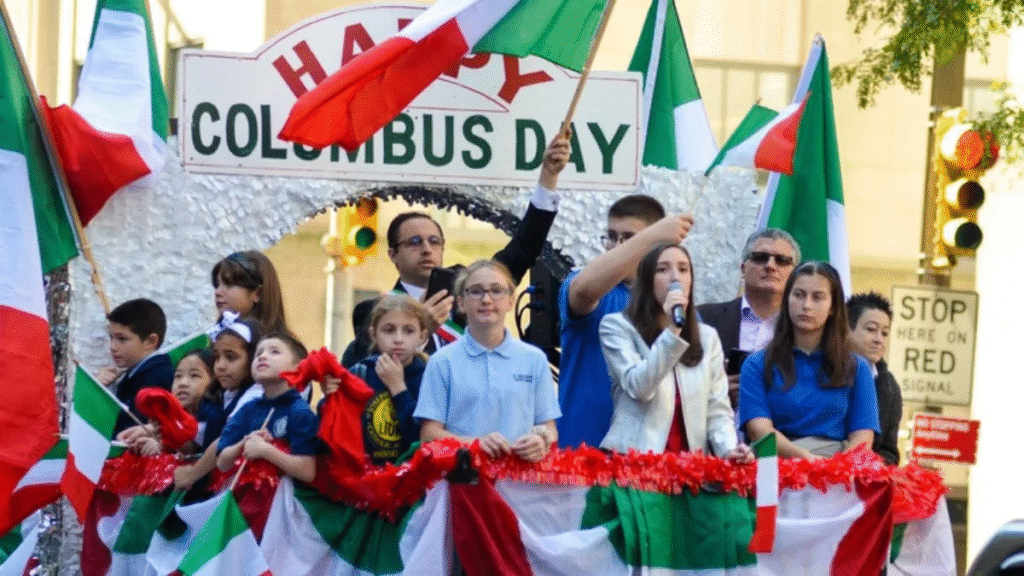
The story of Columbus Day begins not in the United States, but in the Atlantic Ocean in 1492.
Christopher Columbus’s Historic Voyage
On October 12, 1492, Christopher Columbus, an Italian explorer sailing under the sponsorship of the Spanish monarchy, reached the shores of an island in what is now the Bahamas, having set sail with the Niña, the Pinta, and the Santa María. This event is often cited as the beginning of sustained European contact with the Americas—an event known as the “Columbian Exchange.”
Columbus was not the first European to reach the Americas (Viking explorers like Leif Erikson preceded him by centuries), but his voyages, and the subsequent reports, instigated a massive wave of European exploration, colonization, and cultural transformation that permanently reshaped the globe.
Establishment as a U.S. Federal Holiday
The move to make Columbus Day a national holiday was largely driven by Italian-American communities. Starting in the late 19th and early 20th centuries, Italian immigrants faced significant discrimination and prejudice in the United States. They championed Columbus, an Italian hero, as a symbol of their heritage and their contributions to the nation.
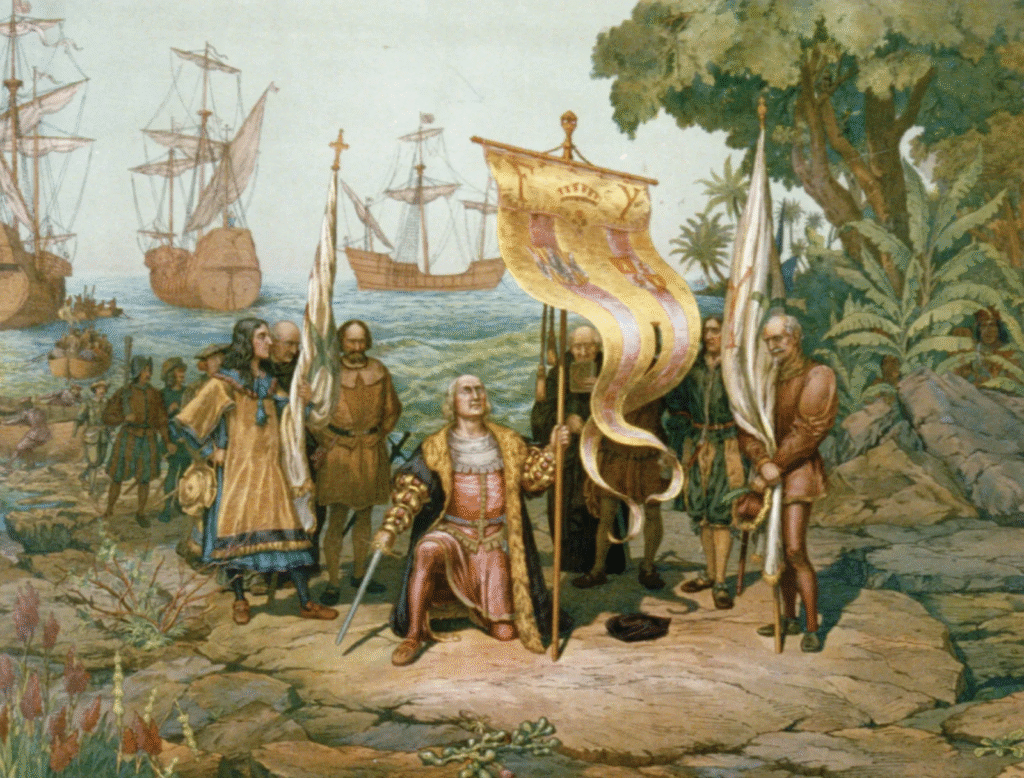
- 1792: The first recorded celebration was held by the Society of St. Tammany, or Columbian Order, in New York City.
- 1892: President Benjamin Harrison proclaimed a one-time national observance of the 400th anniversary of Columbus’s landing. This move came a year after the highly publicized mass lynching of 11 Italian Americans in New Orleans, and served, in part, as a diplomatic gesture.
- 1937: President Franklin D. Roosevelt officially proclaimed Columbus Day an annual federal holiday.
- 1971: The holiday was permanently set to the second Monday in October by federal law, creating the three-day weekend we observe today.
Importance and Significance: A Dual Narrative
The significance of Columbus Day 2025 is far from singular; it encapsulates a dual and often conflicting narrative in American culture.
A Celebration of Italian-American Heritage
For millions of Italian Americans, the day remains a powerful expression of ethnic pride and a tribute to the explorers who laid the foundation for trans-Atlantic connection. Parades, like the famous one in New York City, are vibrant showcases of Italian culture, honoring a community that has endured hardship to achieve success and recognition in the United States.
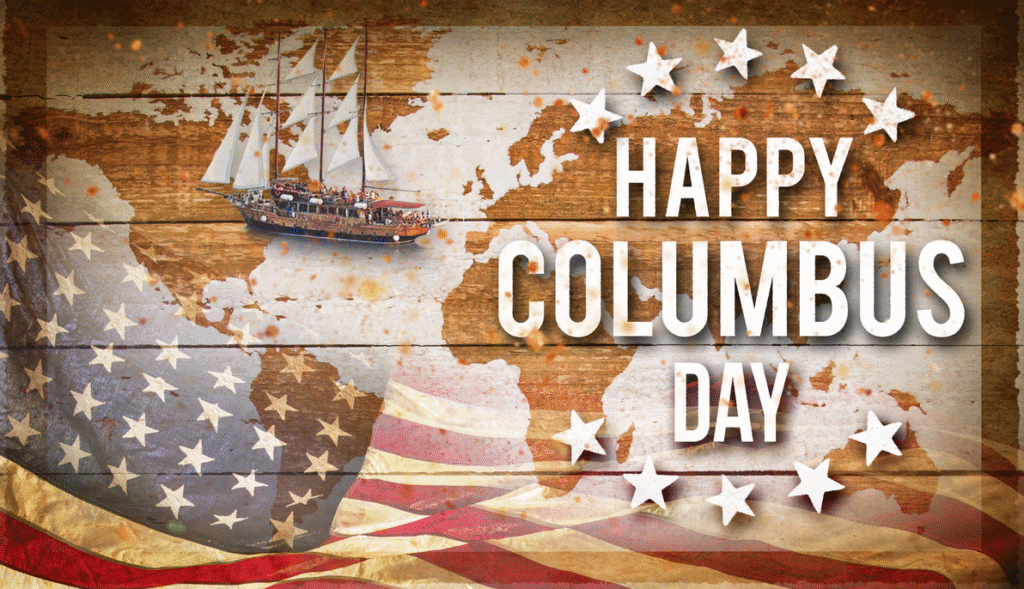
It’s a day to remember figures like Columbus as a symbol of entrepreneurial spirit and courage against the odds.
Historical Reappraisal and Indigenous Peoples’ Day
Conversely, the holiday represents the start of colonization, displacement, and immense suffering for the Indigenous peoples of the Americas. Historical accounts, including excerpts from Columbus’s own journals, detail the enslavement, violence, and introduction of deadly European diseases that decimated native populations.
For this reason, a major shift has occurred in the past few decades: the increasing adoption of Indigenous Peoples’ Day on the same date. This counter-observance seeks to:
- Acknowledge historical injustices: Specifically, the genocide and cultural suppression that followed 1492.
- Celebrate resilience: Honor the history, culture, and resilience of Native American communities across the country.
- Correct the historical record: Move past the “discovery” narrative to one of meeting and conflict.
As of 2021, President Joe Biden formally recognized Indigenous Peoples’ Day through a presidential proclamation. According to the Pew Research Center, over a dozen U.S. states and more than 130 cities now observe Indigenous Peoples’ Day, either alongside or in place of the federal holiday. This statistic powerfully illustrates the evolving national consciousness.
Theme for Columbus Day 2025: Bridging the Divide
Since the federal government doesn’t issue an official annual theme for Columbus Day, the spirit of 2025—and the current national mood—lends itself to a theme of “Acknowledging All American Stories.”
Also Read: The Rise and Fall of the Roman Empire: A Complete Overview
This suggested theme encourages:
- Dialogue over Division: Hosting events that facilitate respectful conversation between Italian-American groups, historians, and Indigenous community leaders.
- Multicultural Education: Focusing classroom and public discussions on the complete, complex story: recognizing the courage of the voyage while fully detailing the devastating impact of colonization.
- Celebrating Diversity: Recognizing the day as a moment for all Americans to reflect on their origins—whether they trace their ancestry to the Santa María, the Trail of Tears, or a more recent immigrant vessel.
Navigating the Controversy: A Call for Critical Thinking
The central challenge of Columbus Day is the tension between heritage and history. It forces Americans to grapple with the country’s origins: a land founded on ideals of liberty yet built through conquest and displacement.
Value-Driven Insights:
- Complexity is Key: A “humanized” view acknowledges that historical figures are rarely simple heroes or villains. Columbus was a skilled navigator, yet also a brutal colonizer. Understanding both facets is essential for genuine historical literacy.
- The “Discovery” Misnomer: The word “discovery” is inherently Eurocentric. It erases the existence of the millions of people and thriving civilizations that had already called the continents home for millennia.
- Modern Purpose: For organizations and schools planning their observances, the most valuable path is to use the day as a teaching moment. This is a chance to examine primary sources, discuss ethics in history, and explore the enduring legacy of the peoples who were here first.
Plan Your Observance for Columbus Day 2025
Whether you’re celebrating heritage, recognizing Indigenous history, or simply using the day to catch up on reading, here are steps for a meaningful observance:
- Engage with Local History: Search for your state or city’s official stance. Are they observing Columbus Day, Indigenous Peoples’ Day, or both?
- Support Indigenous Initiatives: Seek out Native American-owned businesses, museums, or cultural centers in your area. Use the day to learn about the local sovereign nations.
- Explore Italian-American Culture: Attend a local parade (if one is held), or visit an Italian cultural center to appreciate the rich traditions of the Italian-American community.
Conclusion: An Evolving American Story
Columbus Day 2025, falling on October 13th, is a mirror reflecting the complicated soul of the United States. It is a day that demands intellectual honesty: to honor the contributions of immigrant groups while soberly assessing the cost of those first global encounters. By adopting a theme of “Acknowledging All American Stories,” we can transform a polarized holiday into a moment of unified, albeit complex, national reflection.
How will you acknowledge all American stories this October 13th? Share your plans and reflections in the comments below, and continue the conversation about the future of this pivotal American holiday.
FAQs about Columbus Day 2025
Q1: When is Columbus Day 2025 officially celebrated?
A: Columbus Day 2025 is a federal holiday observed on Monday, October 13, 2025. It is always celebrated on the second Monday of October.
Q2: Is Columbus Day observed in all US states?
A: No. While it is a federal holiday, meaning federal offices and the bond market close, several states and hundreds of municipalities have either chosen not to observe it or have renamed the date to Indigenous Peoples’ Day to honor Native American heritage.
Q3: What is Indigenous Peoples’ Day and why is it celebrated on the same date?
A: Indigenous Peoples’ Day is an observance that honors the history, culture, and resilience of Native American communities. It is celebrated on the second Monday of October to provide a counter-narrative to Columbus Day, focusing instead on the pre-existing civilizations and the negative impacts of European colonization.
Q4: Are banks and post offices open on Columbus Day 2025?
A: No. Because Columbus Day is a federal holiday, the U.S. Postal Service does not deliver regular mail and most major banks are closed. However, the stock market (NYSE and NASDAQ) remains open.
Q5: What is the main controversy surrounding the celebration of Columbus Day?
A: The controversy stems from the historical fact that Christopher Columbus’s arrival ushered in centuries of brutal colonization, enslavement, and the decimation of Indigenous populations through violence and disease. Critics argue that celebrating him honors a legacy of conquest and genocide, which is why many advocate for Indigenous Peoples’ Day instead.


